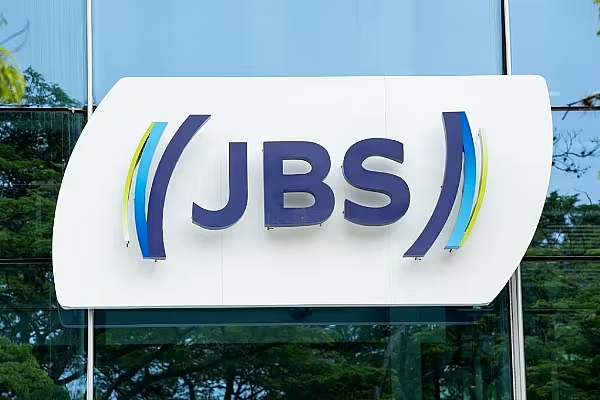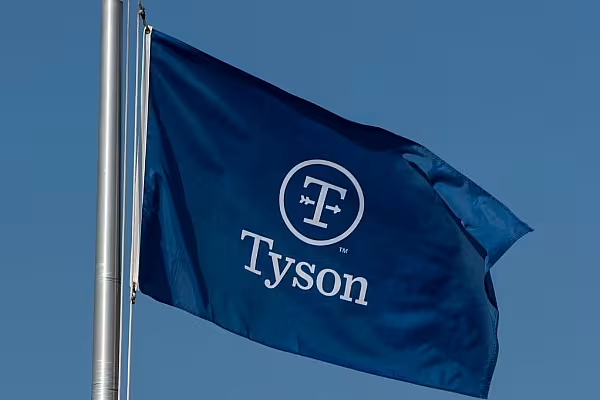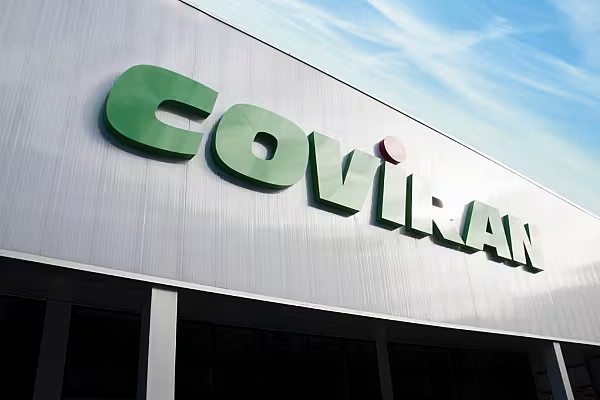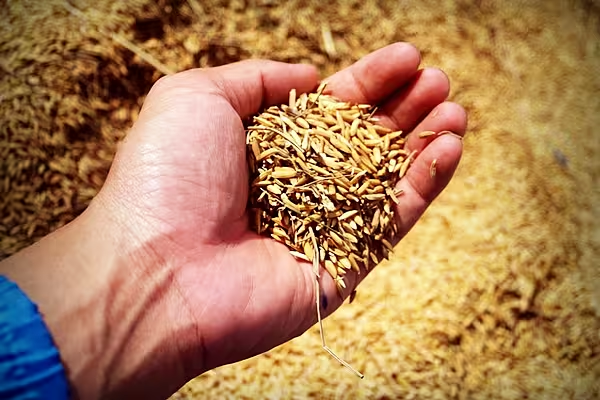JBS SA, the Brazil-based meat behemoth, is braced for challenging times in its home market as well as in the United States, where beef margins are pressured and pork margins have yet to normalise, its management said.
JBS reported a drop in profit and earnings before interest, tax, depreciation and amortisation, a measure of operating income known as EBITDA, at 5.40 billion reais.
The company cited struggling US beef margins, a recovering US pork division and global chicken oversupplies as weighing on results.
JP Morgan said it expected "a neutral reaction to the stock as the EBITDA miss was offset by better than expected free cash flow generation", noting JBS' EBITDA was 11% below JP Morgan's estimate and 2% below consensus.
Investments To Boost Capacity
In a discussion with analysts of JBS' third quarter results, executives noted efforts to boost the operating performance of processed foods division Seara in Brazil, which made heavy investments to boost capacity at a time the world grapples with a global chicken glut and competitors make inroads in certain product categories.
'Seara continues to recover from operating issues, although at a slower than anticipated pace,' Itau BBA analysts said in a note to clients. Still, Seara's recently concluded capacity expansion to produce more value-added products should translate into stronger margins going forward, Itau said.
JBS' plans to increase Seara's overall pork and chicken products production by 10% this year and 10% in the next are maintained, managers said.
For the US beef division, a shortage of cattle for slaughtering will remain a challenge in the fourth quarter and in 2024, director Wesley Batista Filho said in the call.
Outlook
On a brighter note, the company is expected to continue to show strong cash generation in the fourth quarter following a drop grain prices and deferred livestock payments, CFO Guilherme Cavalcanti said.
The company's plan to list shares in New York has been held back by a request from American Depositary Receipt holders to vote on the proposal, CEO Gilberto Tomazoni told analysts, repeating remarks from the previous day.
The dual listing of shares in New York and São Paulo potentially thwarts short-term opportunities to tap capital markets to fund business expansion initiatives, he said.
Tomazoni declined to give a timeline for the deal's conclusion as it is still being scrutinised by the Securities and Exchange Commission (SEC).














